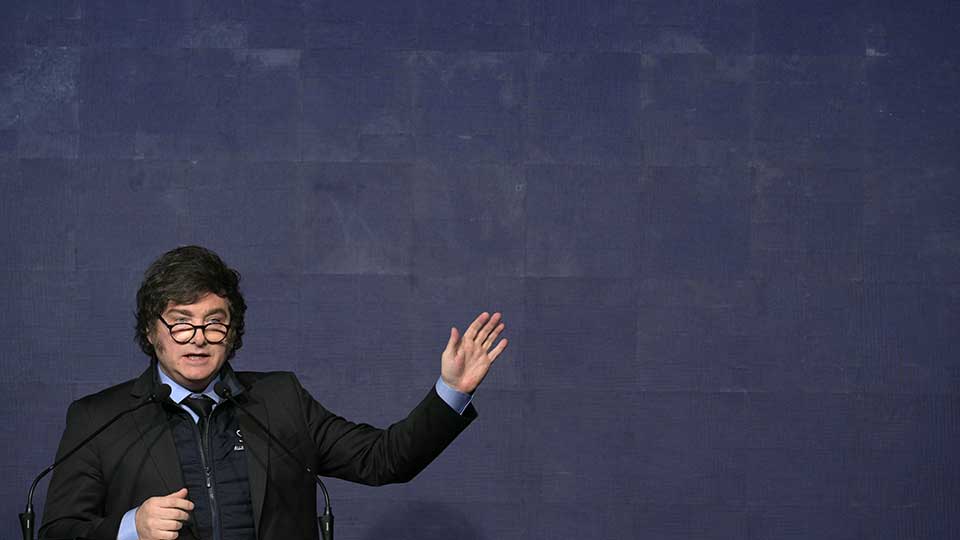
By Bruno Binetti
Argentine President Javier Milei has had a change of heart regarding China. Although he was highly critical of Beijing during the electoral campaign — famously declaring he would refuse all ties with “Communists” and backing out of joining the BRICS club — he recently admitted being “pleasantly surprised” by China’s reliability as an economic partner.
The libertarian leader noted that China asks for little in return “except to be left alone.” Completing this about-face, Milei announced he would attend the CELAC-China summit in Beijing in January 2025, the Latin American counterpart to the Forum on China-Africa Cooperation (FOCAC) held just a few weeks ago.
The rapprochement was not a surprise, given Argentina’s economic fragility and pre-existing deep ties to China. Last April, a high-level delegation from Argentina traveled to Beijing to mend fences and request an extension of a currency swap line between the two central banks. Without it, Argentina would have been forced to repay $5 billion for renminbi borrowed to shore up its depleted reserves.
The People’s Bank of China agreed to postpone repayment in June following a last-minute meeting between Milei and the Chinese ambassador to Argentina. Additionally, China is Argentina’s second-largest trading partner and an increasingly significant investor in renewable energy, lithium mining, and other sectors.
Milei is hardly the first Global South leader to criticize China on the campaign trail, only to adjust his stance once in office. During a recent trip, I asked Chinese interlocutors about their views on Milei’s fiery rhetoric. They pointed to their experience with former Brazilian President Jair Bolsonaro, a close ideological ally of Milei, whose rise to power was also accompanied by strong anti-China messaging. This led to tense social media exchanges with senior Chinese diplomats.
Over time, however, China adopted a more effective approach: pressuring key domestic groups, such as agricultural exporters reliant on the Chinese market, to encourage their own governments to adopt a more pragmatic stance. This strategy proved effective with Brazil, Latin America’s largest economy, and it has certainly worked with crisis-prone Argentina.
The fact that Milei — a radical free-market advocate who pledged full alignment with the United States in foreign policy terms — is now looking toward China underscores the challenges Washington faces in competing with Beijing in developing countries.
This is partly a self-inflicted problem for U.S. officials, who constantly warn countries in the Global South about the perils of Chinese engagement but lack the tools to offer a clear alternative. For example, U.S. companies — driven by short-term profits and share value — will logically refuse to invest in Argentina until Milei shows he can stabilize the country’s volatile macroeconomic situation and lift capital controls. In contrast, Chinese corporations can be more resilient when leveraging a longer-term perspective and state support in the form of capital and diplomacy.
Regardless of U.S. rhetoric, however, countries such as Argentina cannot afford to adopt a zero-sum approach to their ties with China, where economics and politics are closely intertwined. If confirmed, Milei’s presence at CELAC will serve as a powerful reminder of this reality.
Bruno Binetti is a member of the China Foresight Forum at LSE IDEAS and a non-resident fellow at the Inter-American Dialogue.









